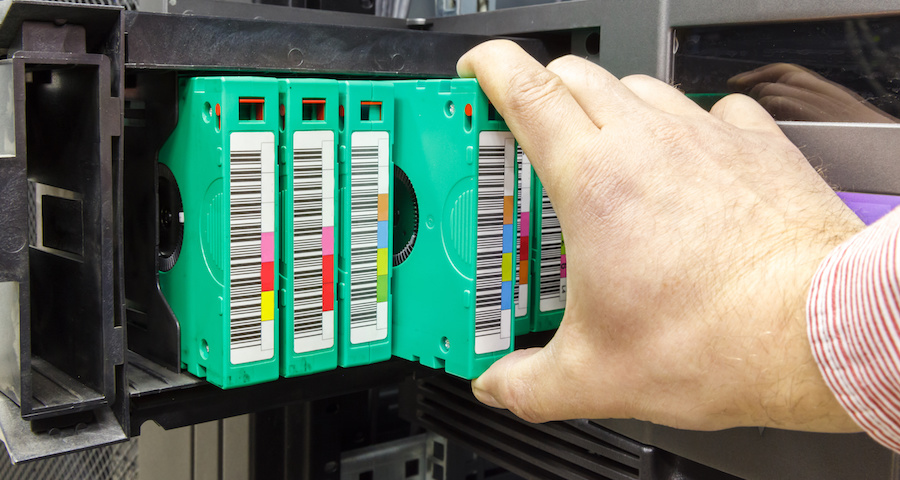The idyllic English countryside is not always the easiest place to start a business. Whilst the office space might be cheaper and the air cleaner it is not always straightforward for businesses just starting out in the countryside.
Rural businesses will have to deal with a number of logistical problems which can sometimes hold them back. Often rural businesses are further removed from main roads and centres of high population, which means the transportation of goods and employees can be onerous. Businesses based in the countryside can therefore feel cut-off and far removed from the vital support lines that are perhaps more accessible for their urban competitors.
Potential employees are often deterred by the long distances that they have to travel to reach rural businesses, which means these employers are having to chose their staff from smaller talent pools. This problem is compounded by the number of graduates now choosing to flock to London rather than disperse across the English countryside. With most UK universities located in cities, finding graduates with the right skill-set in rural areas can be challenging.
It is not just the movement of goods and people that can hold rural businesses back; the movement of information is not always effortless either. Businesses located in cities certainly benefit from the interconnectedness of UK cities today. According the Federation of Small Businesses 60% of rural businesses in 2013 felt that it was sluggish broadband that was preventing them from expanding their operations. With most businesses managing their marketing and communications using the web, broadband speed has become a crucial factor for a business’s success.
Why Leave the City?
There are a number of advantages to packing up and leaving the bright lights of the big city. For one, office space is far cheaper in rural areas with aesthetically pleasing office space more readily available. Having an office that looks out onto the green pastures of the English countryside can do wonders for employee morale. They are also more likely to have a better quality of life living and working in rural England.
Rural businesses no longer need to worry about their information processes. The last government promised to invest £780 million into improving broadband speeds across the country to help level the playing field between town and country, when it comes to online operations. Furthermore, offsite data storage companies are multiplying and furthering their reach, in order to offer their expertise to more remote businesses. With some offsite data facilities offering their clients online platforms, which can be used to monitor stored data remotely, rural businesses are better able to control their information. Offsite facilities can deliver and collect information that needs to be backed up from rural businesses, saving employees time having to transfer vital information themselves.
An offsite data facility can provide rural businesses with the technology they need to stay competitive and maintain efficient information management systems. With most facilities offering their clients features such as:
- GPS barcode tracking
- Online archive management platforms
- Top of the range security measures
- 24 hour CCTV and police alarms
- File scan-back services
Most competitive facilities will have these features in place which, whilst helpful for any business, could be particularly beneficial for an organisation located in a remote rural area. These features could enable a business to streamline and speed up their data management processes. Rural businesses no longer need to be held back by dodgy broadband connections and winding country lanes.
Working in the countryside does not need to equate to a slower way of life in the 21st century. With transport routes and communication technology being constantly improved businesses and their employees are being brought closer together. The same improvements are also enabling rural businesses to manage their data better. Before the introduction of remote data management tools, rural businesses were largely on their own when it came to the monitoring of their information, but now the helping hand of an offsite data management facility is closer than ever. Even in an isolated location – a rural business is never truly alone.











